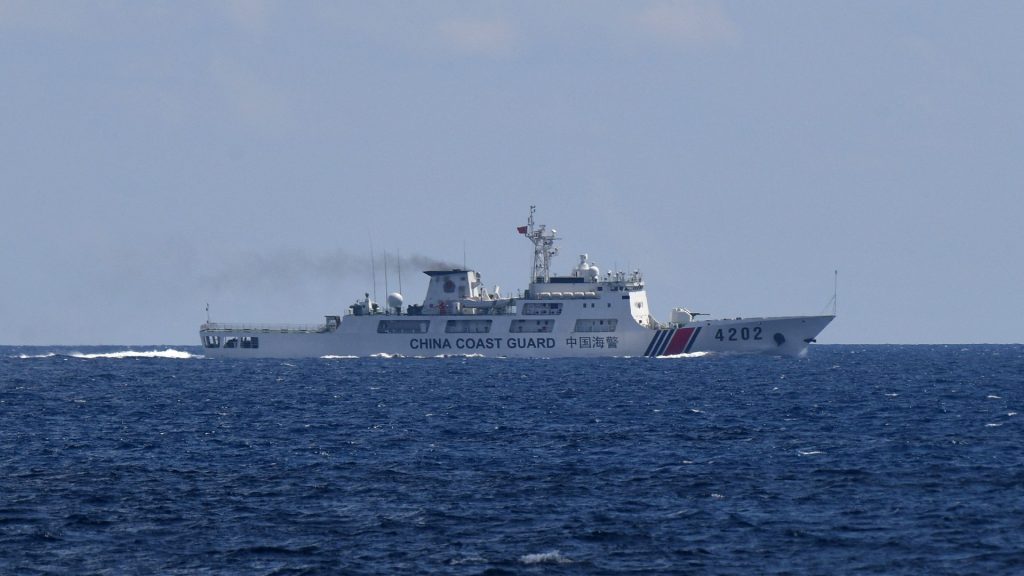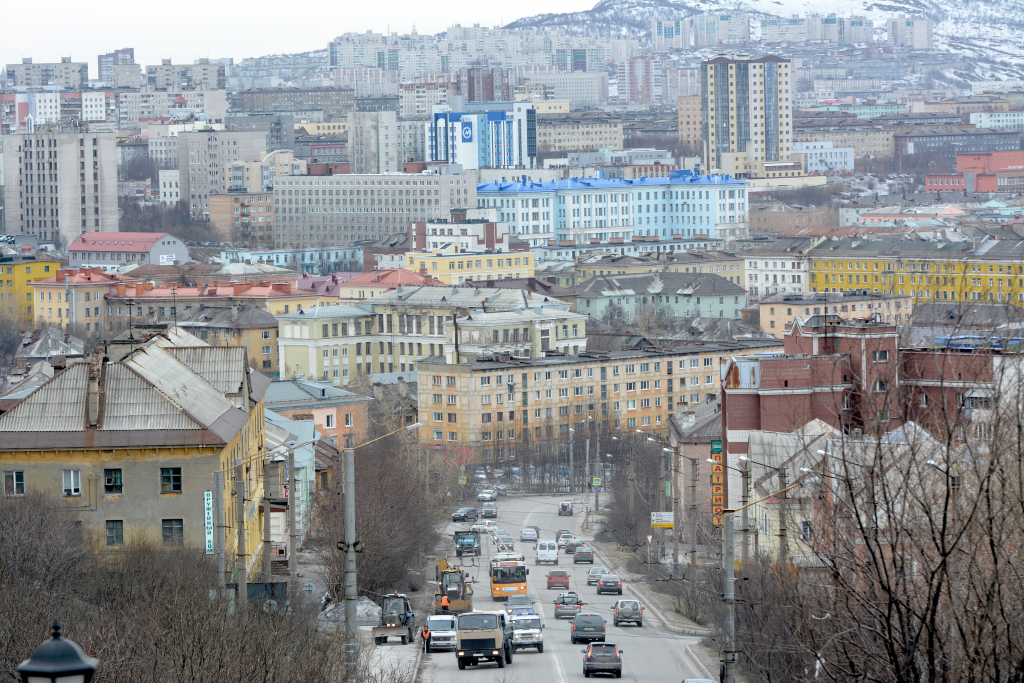Russia-China coast guard cooperation big step, says Arctic security expert

“Letting China in would be a big step in practical cooperation. It has a security element to it,” says Senior Researcher Andreas Østhagen with the Fridtjof Nansen Institute.
China has been very visible in Murmansk this week. On Monday, a groundbreaking memorandum on extensive cooperation in Artic waters was signed with FSB Coast Guard. The Chinese Coast Guard was then invited to observe the long-planned “Arctic Patrol 2023” maritime security exercise. On Thursday, Governor Andrei Chibis met Chinese diplomats and discussed a roadmap for increased business, shipbuilding and Northern Sea Route developments.
Amid the Ukraine war and halt in cooperation with the other seven Arctic nations, Russia turns east for new partners. Opening the door for China is a significant geopolitical change.
“Cooperation on Coast Guard tasks is both a concrete action and often seen as more harmless than military cooperation,” explains Andreas Østhagen, an expert on Arctic security with the Firdtjof Nansen Institute.
“The Coast Guard’s work is about protecting sovereign rights at sea, like fishing resources and access to oil and gas. Letting China in when it comes to fisheries inspections would be a big step in practical cooperation that has a security element to it,” Østhagen says to the Barents Observer.

Government officials in Beijing have for years said China is a “near-Arctic state,” but so far, its presence up North has been limited to participating in conferences, annual research voyages, some few investments in Russia’s natural resource developments, and a few Asia-Europe shipments along the Northern Sea Route.
“China’s Polar Silk Road project seems to be more wait-and-see,” write researchers Frédéric Lasserre and Hervé Baudu in a report published this month about the consequences of the war in Ukraine in the Arctic.
The report, however, underlines that China is readily credited with great Arctic ambitions, but for now, mainly focused on securing hydrocarbon supplies from Siberia.
As previously reported by the Barents Observer, China has its own project on building a nuclear-powered icebreaker. Barges for two additional floating nuclear power plants for the north coast of Siberia are currently under construction at a yard in China.
Significant policy shift
The Russia-China memorandum signed in Murmansk opens for joint efforts to combat terrorism, illegal migration, fighting smuggling of drugs and weapons, as well as stopping illegal fishing. The deal was signed by top leaders with FSB Border Guards and the Chinese Coast Guard.
“This testifies that Russia actively wants to invite China into the kind of tasks we have thought Russia would safeguard,” Andreas Østhagen says.
He finds the new memorandum a significant shift in policy.
“We have thought that Russia is generally skeptical about letting China get too close in the Arctic, but the Ukraine war might have changed those calculations,” Østhagen says.
The Arctic security expert notes that the future of China-Russian Arctic cooperation is difficult to predict, but he makes one comparison:
“This reminds me a bit of when my mother-in-law wants to stay with us for a couple of weeks “until she finds something else.”
Fighting Arctic terrorism
For Russia, the exercise showcasing FSB Border Guards’ maritime capabilities for the Chinese visitors wasn’t aimed at fishery inspections in the Barents Sea. This was hard-core security, as previously drilled by strongman Ramzan Kadyrov’s special Rosgvardia forces in the Arctic, including at the nuclear icebreaker base in Murmansk.
The scenario was FSB fighting terrorists that had attacked Rosatomflot’s nuclear transport ship Rosita in Kola Bay.
“All the inputs worked out during the practical maritime exercise confirmed the readiness of interdepartmental structures to solve problems in the waters of the Northern Sea Route,” said acting director of Atomflot Leonid Irlitsa.
It is Rosatomflot that is in charge of Russia’s Northern Sea Route Directorate. The state-owned company is currently boosting the number of nuclear icebreakers and support infrastructure, key to President Putin’s great Arctic ambitions.

For neighboring Norway, FSB Coast Guards’ new cooperation with China could pose a challenge.
“Although I think we are far away from seeing Chinese Coast Guard or naval vessels performing tasks in the Barents Sea, for Norway that would entail a new security challenge and make cooperation with the Russian Coast Guard (FSB) even more difficult,” says Andreas Østhagen.
Norwegian-Russian Coast Guard cooperation in the Barents Sea is one of very few areas of contact that has not been officially called off by Oslo after Russia’s full-scale invasion of Ukraine last year.
Shipbuilding and business boost
After his meeting on Thursday with China’s Consul General in St. Petersburg, Ms. Wang Wenli, Governor Andrei Chibis said there was an interest in developing shipbuilding in the Murmansk region.
“We agreed with Ms. Wang Wenli to work out additional areas of cooperation in a month and move on to the implementation of the plans,” Chibis wrote in a post on Vkontakte.
The Governor said China is a promising market. “Over the past four years alone, the foreign turnover between Murmansk region and China has grown 2,4 times,” Chibis said.
The two also discussed how enterprises in the region could get substitute import from China of products today sanctioned by the European Union, the United States and other countries protesting Russia’s brutal war on Ukraine.
Related stories from around the North:
Canada: U.S. report claims Trudeau told NATO Canada will never meet military spending target, CBC News
Denmark: Arctic security key in upcoming defence agreement: acting Danish defence minister, Eye on the Arctic
Finland: Russian cyber attacks, espionage pose growing threat to Finnish national security, Yle news
Greenland: Growing focus on Arctic puts Greenland at higher risk of cyber attacks: assessment, Eye on the Arctic
Iceland: NATO anti-submarine warfare exercise underway in North Atlantic, Eye on the Arctic
Norway: Norway expels 15 intelligence officers at Russian Embassy, The Independent Barents Observer
Russia: Russian Arctic rescue exercise attended by observers from Iran and Saudi Arabia, The Independent Barents Observer
Sweden: Russian spy ships surveying Nordic energy infrastructure, Radio Sweden
United States: U.S. nominates Alaskan as first Arctic ambassador, Eye on the Arctic



